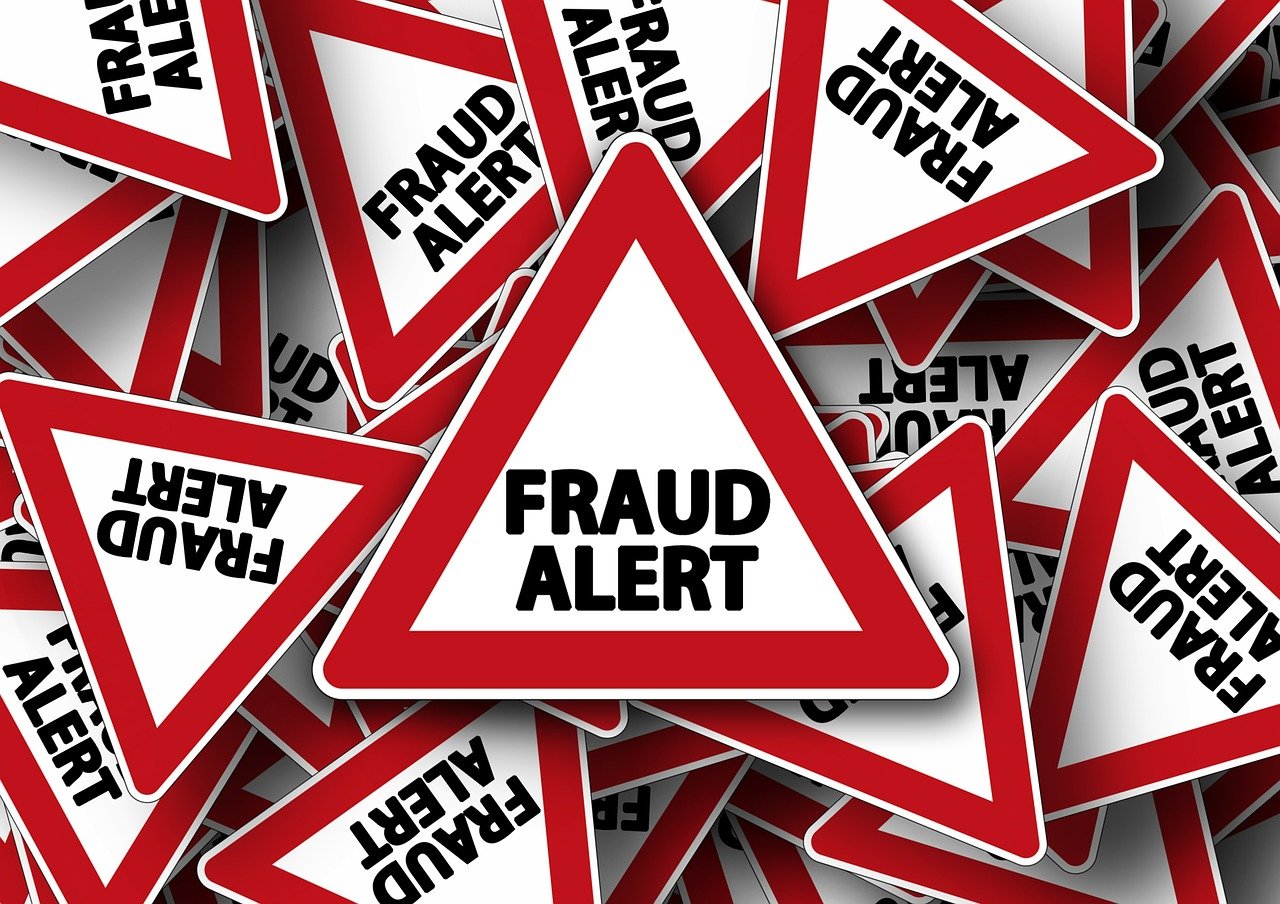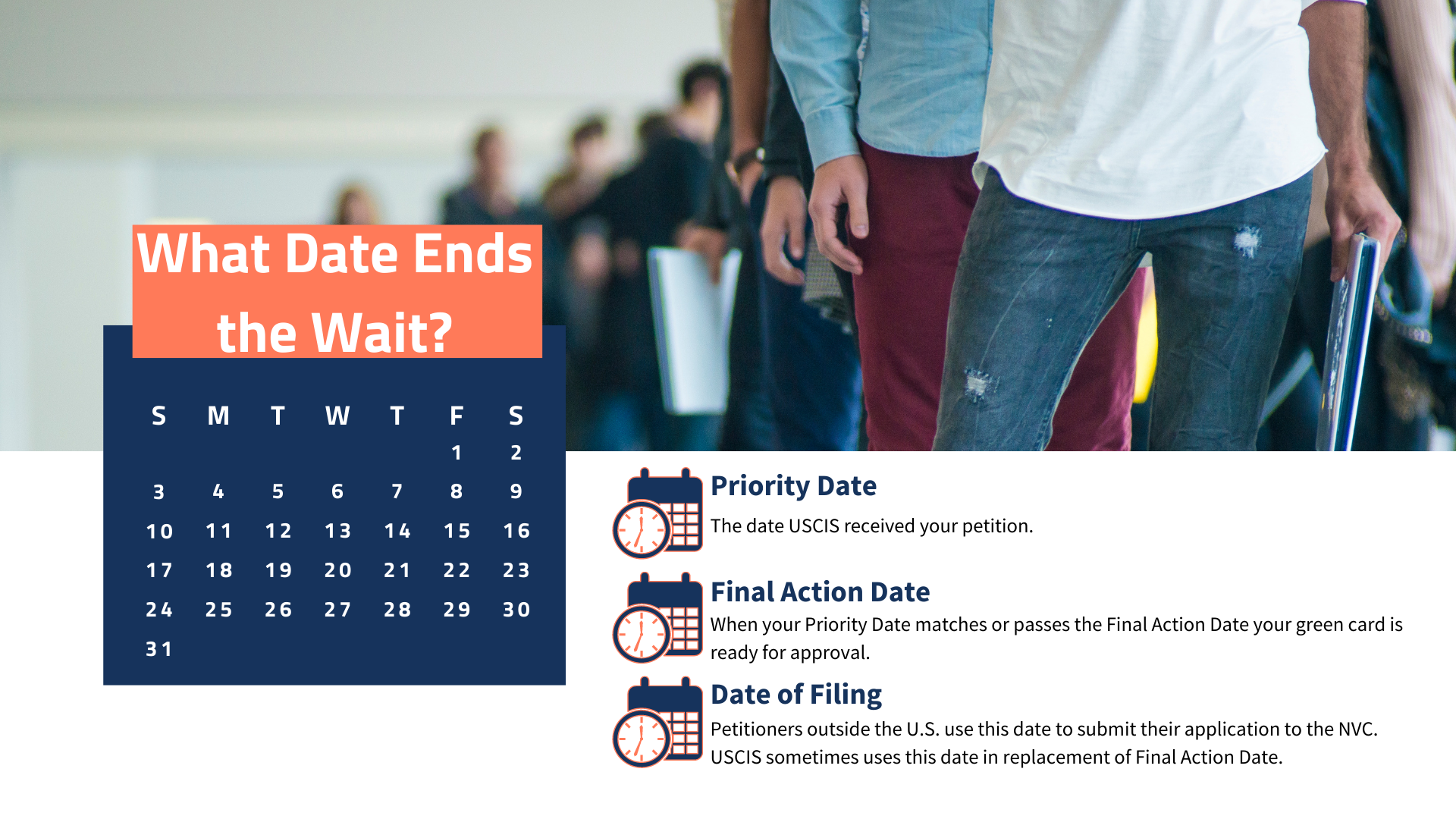Bi
In this blog post we bring you some breaking news.
On Friday August 2, 2024, the Biden administration announced that it has paused the humanitarian parole program for nationals of Cuba, Haiti, Nicaragua, and Venezuela, effective immediately due to concerns regarding fraudulent filings and potential abuse of the program.
This means that the Department of Homeland Security (DHS) will temporarily pause the issuance of travel authorizations for new beneficiaries of the program seeking parole, while the agency implements additional security screenings and vets U.S. supporters who sponsor qualifying nationals to arrive in the United States.
While sponsors can still submit the Form I-134A Declaration of Support on the USCIS webpage, these applications will not be approved until further notice.
Only once new safeguards have been put in place, the agency will restart the processing of applications.
Please note that foreign nationals who have already been admitted through the program, will not be impacted by the pause.
Why was the Parole Program paused?
DHS officials have said that it stopped processing new parole applications in mid-July due to an internal report that highlighted potential abuse by U.S.-based sponsors, such as the filing of multiple applications from a single sponsor.
The Federation for American Immigration Reform (FAIR) obtained a copy of the report and released a statement of the findings which shows that thousands of I-134A declarations were filed containing fraudulent information, such as fake Social Security Numbers (SSNs), as well as SSNs belonging to deceased individuals, the use of false phone numbers, and filings using the same physical address.
According to the statement, “Some 100 addresses were listed on over 19,000 forms, and many parole applicants applied from a single property (including a mobile park home, warehouse, and storage unit). In addition, many applications were submitted by the same IP address…the same exact answers to Form I-134A questions were provided on hundreds of applications – in some instances, the same answer was used by over 10,000 applicants.”
These concerns have led the government to put in place further mechanisms to prevent such abuse.
Overview of the Humanitarian Parole Process for Cuba, Haiti, Nicaragua, and Venezuela
On January 5, 2023, the Biden administration first announced its intention to create a humanitarian parole program to provide a safe and orderly pathway for up to 30,000 nationals of Cuba, Haiti, Nicaragua, and Venezuela to live and work in the United States, for a period of two years through a lawful mechanism known as “humanitarian parole.”
The purpose of the program is to deter illegal immigration and provide a legal method for such individuals to enter the United States.
To request humanitarian parole and obtain advance authorization to travel to the United States, beneficiaries must:
- Be outside the United States;
- Be a national of Cuba, Haiti, Nicaragua, or Venezuela; or be an immediate family member (spouse, common-law partner, and/or unmarried child under the age of 21) who is traveling with an eligible Cuban, Haitian, Nicaraguan, or Venezuelan;
- Have a U.S.-based supporter who filed an online Form I-134A Declaration of Financial Support on their behalf that USCIS has vetted and approved;
- Possess an unexpired passport valid for international travel;
- Provide for their own commercial travel to an air U.S. port of entry and final U.S. destination;
- Undergo and pass required national security and public safety vetting;
- Comply with all additional requirements, including vaccination requirements and other public health guidelines; and
- Demonstrate that a grant of parole is warranted based on significant public benefit or urgent humanitarian reasons, and that a favorable exercise of discretion is otherwise merited.
The following applicants are not eligible to participate in the humanitarian parole program:
- Those who are unable to pass national security and public safety vetting or do not merit a favorable exercise of discretion by DHS.
- Those who have been ordered removed from the United States within the past five years or are subject to another bar to entry based on a prior removal order.
- Those who have unlawfully crossed the United States, Mexico, or Panama border after October 19, 2022 (for Venezuelans), or January 9, 2023 (for Cubans, Haitians, and Nicaraguans), or were interdicted at sea after April 27, 2023 (for Cubans and Haitians).
- Are considered an “unaccompanied child” under United States law.
The humanitarian parole process begins with sponsorship from a U.S.-based supporter who is required to sign Form I-134A, Online Request to be a Supporter and Declaration of Financial Support. By signing such form, the sponsor agrees to provide the foreign national seeking parole with financial support for the duration of the 2-year parole period while in the United States.
Once the form has been submitted, the application is supposed to be vetted by the U.S. government to guard against abuse and ensure the sponsor is financially able to support the beneficiary.
Supporters are required to pass security and background checks, demonstrate sufficient financial resources to support the beneficiary, and they must prove that they are a U.S. citizen, lawful permanent resident, or hold some other lawful status in the U.S.
What type of financial support are financial sponsors expected to provide?
The U.S. supporter must be willing and able to provide the following forms of financial support to the foreign national seeking humanitarian parole:
- Receive the beneficiary upon arrival in the United States and transport them to initial housing;
- Ensure that the beneficiary has safe and appropriate housing for the duration of their parole and initial basic necessities;
- As appropriate, helping the beneficiary complete necessary paperwork such as for employment authorization, for a Social Security card, and for services for which they may be eligible;
- Ensure that the beneficiary’s health care and medical needs are met for the duration of the parole; and
- As appropriate, assisting the beneficiary with accessing education, learning English, securing employment, and enrolling children in school.
After Approval of I-134A Declaration of Support
Once the sponsor’s Declaration of Financial Support has been approved, the applicant must attest that they have received the required vaccinations including COVID-19. After During this period, the foreign national will be allowed to enter the U.S. and apply for work authorization by filing Form I-765 Application for Employment Authorization with USCIS.
Within 90 days of their arrival, the applicant is required to undergo a medical screening for tuberculosis.
Current Status of the Program
I-134A Online declarations of support are still being accepted by USCIS; however, they will not be approved until the program is reinstated. Once we have more information on the status of the program, we will notify our readers here on our blog.
To learn more about the humanitarian parole program, please click here.
Contact Us.
If you would like to schedule a consultation, please text 619-483-4549 or call 619-819-9204.Helpful Links
JOIN OUR NEW FACEBOOK GROUP
Need more immigration updates?
We have created a new facebook group to address the impact of the new executive order and other changing developments related to COVID-19. Follow us there.For other COVID 19 related immigration updates please visit our Immigration and COVID-19 Resource Center
here.






![Form I-824 Explained | Filing Tips, Fees & Processing Time [2023] Form I-824 Explained | Filing Tips, Fees & Processing Time [2023]](https://www.immi-usa.com/wp-content/uploads/2021/07/VisaNation-4-300x251.png)